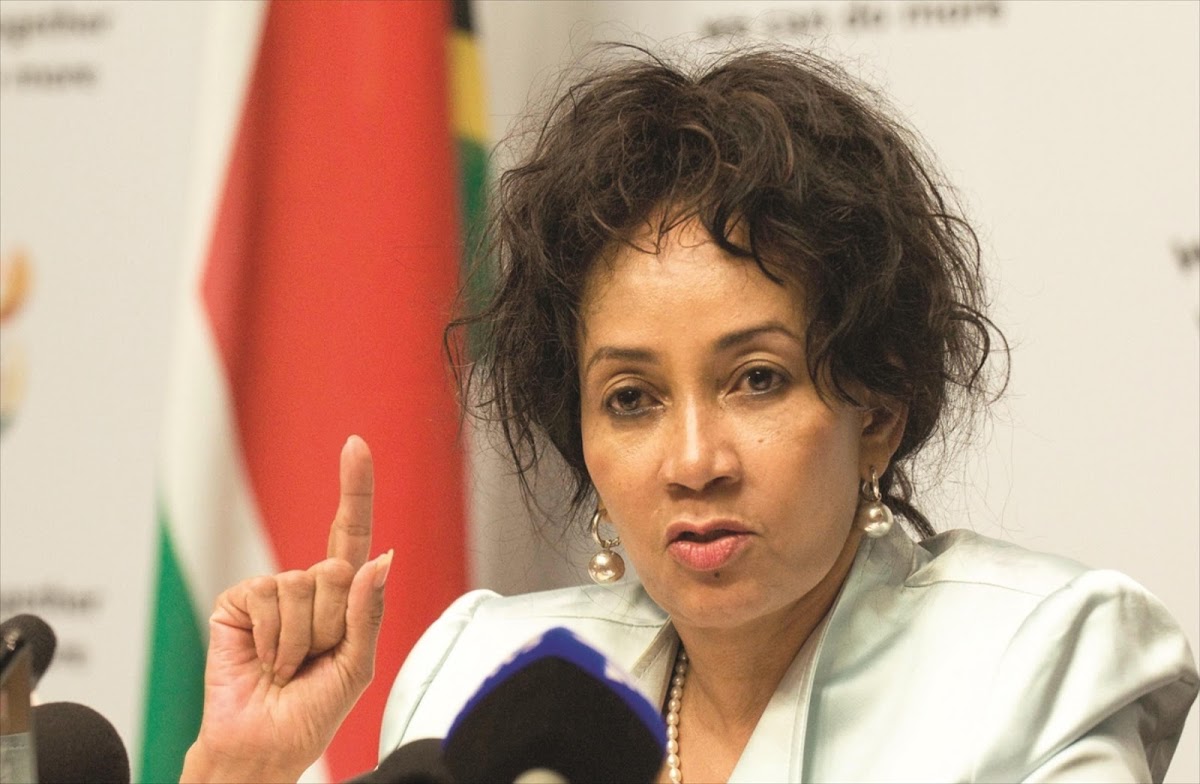South Africans to take necessary precautions in protecting their property
South Africa, 08 March 2022: South Africa’s power utility Eskom has announced Stage 2 shedding until 05:00 on Wednesday, 9 March. This is due to various units that have tripped in Matla, Kendal, Matimba, Kusile and Grootvlei, while a unit each at Arnot, and Hendrina power stations was forced to shut down.
This, in addition to other units that had tripped during the weekend, reduced available generation capacity, forcing Eskom to rely heavily on emergency generation reserves to keep the lights on.
Marius Steyn, Personal Lines Underwriting Manager, says South Africans need to mitigate the damages caused by load shedding by being prepared before the power goes off.
“The reality is, load shedding has an immense impact on consumers and businesses alike – who must cope with the damage to appliances brought on by power surges or risk loss through theft, burglary as a result of faulty security systems,” said Steyn.
Steyn cautions consumers and provides things to consider mitigating risks that may be caused by power cuts:
- Ensure that your alarm system is in working condition and the backup battery is fully functional to provide power to the system in the event of load shedding.
- Spare torch or headlamp: Keep a torch in your car, if you arrive home at night during a power outage. Most smartphones also have built-in torch or torch apps which come in handy during unexpected power outages.
- Emergency contact information: Save emergency contact information on your phone but also keep a paper copy safe and accessible. This should include the emergency services such as the fire department, police, and medical services. Also include contact information of friends and family along with insurance information.
- Charge your cell phone, laptop, and tablet: Ensure your cellphone, laptop, and tablet devices are fully charged ahead of scheduled blackouts. Be sure to charge them again as soon as possible after the power returns. It’s also a good idea to have an emergency phone charger (like a power bank) close by, this comes in handy during extended power outages. Staying connected internet is a great way to keep in touch with what’s happening as well as for regular updates, remember to use devices sparingly during outages so that you don’t drain the battery completely before the power returns.
- Gas for cooking and lighting: Get a small LP gas bottle and lamp. It gives good quality lighting for a large area and can also be used for cooking and boiling water. It’s a good idea to keep hot water in a thermal flask so that you can make hot drinks, also consider preparing meals beforehand if you know when there’s going to be a scheduled blackout.
- Keep bottled water: Keeping emergency water stored is easy when frozen. This frozen bottled water will help keep food cold during a power outage and will also not spoil.
- Unplug your cables: Consider any electrical connection as live during a power outage as power can return at any time. Unplug any electronic devices or equipment or switch it off at the wall, including telephone cables. This is due to the surges in power that may occur when electricity is restored.
- Make use of surge protection: Electric surges are one of the biggest causes of damage to equipment during a power outage. Installing a surge protection device can help minimise some damage in unforeseen situations. Have a surge protection device fitted to your electrical distribution board or at the power outlet to the electronic device.
- Back up your data: It is always important to back up data, make it a priority to save your data offsite, in case of a hard drive crash or unforeseen electrical fault. Online “cloud-based” backups are very convenient and are mostly automated, which means that you have one less thing to worry about.
“Santam remains ready to assist policyholders with any claims resulting from power cuts. The household policy provides limited cover for power surges that could be associated with power cuts with the option to increase the cover for power surges at an additional premium. For example, if the insured amount for power surge is increased the policyholder could have peace of mind that unforeseen power surge damage to appliances, due to the restoration of power after a power cut, would be covered,” says Steyn.
Santam provides cover to:
· Protect electrical fixed machinery from power surges by increasing the limited cover provided. By taking out additional power surge cover under your building insurance, this will provide more peace of mind that electrical fixed machinery, used for domestic purposes, such as swimming pools, Jacuzzis, boreholes, sprinkler irrigation systems, and electric gates, will be covered in the event of power surge damage.
· Cover the contents of fridges and freezers if there is accidental spoilage due to a change in temperature if the power cut exceeds 24 hours.
“To prevent unforeseen damage and losses, we urge households to revisit their insurance cover and obtain advice from their brokers to take into account different circumstances and risk situations which may arise as a result of power cuts,” Steyn concludes.


 The Northern Business Review is a business community newspaper that provides a platform for businesses to market their products and services, as well as build their brand, but equally important the publication provides information, advice and topics of interest, including business, entrepreneurial, economic reviews and simple ideas to grow your business. The publication has a primary objective to “uniquely” represent businesses to a wide audience across the community as well as provide a media platform of business articles and information that affect, influence and uplift the business environment within our defined geographical and cultural community.
The Northern Business Review is a business community newspaper that provides a platform for businesses to market their products and services, as well as build their brand, but equally important the publication provides information, advice and topics of interest, including business, entrepreneurial, economic reviews and simple ideas to grow your business. The publication has a primary objective to “uniquely” represent businesses to a wide audience across the community as well as provide a media platform of business articles and information that affect, influence and uplift the business environment within our defined geographical and cultural community.






